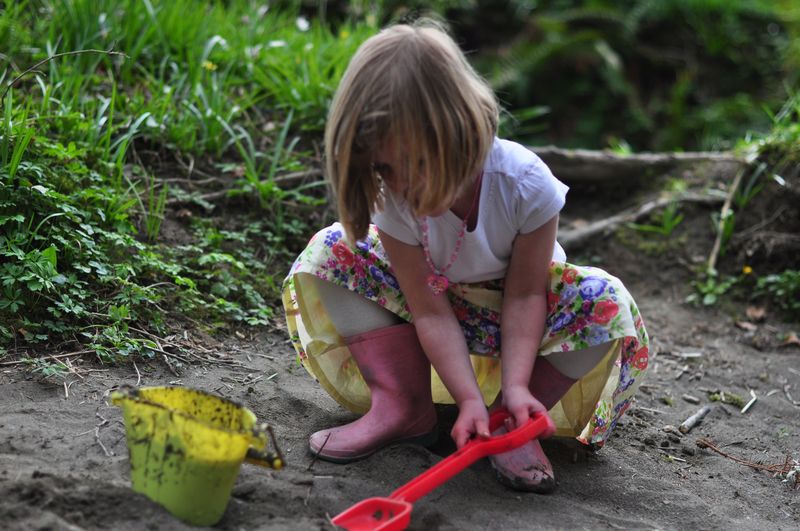It is important to know that, though all children with depression suffer the painful emotional experience of the condition, not all children with depression will experience all of the other potential negative consequences. There is no sure way to determine which children will go on to experience them and which will not. As such, it is important to identify and treat any depression symptoms in children as soon as possible.
A simple saliva test could help diagnose depression in kids, according to a new study that highlights the hard-to-spot signs of childhood mental illness.
The test would look for high levels of the stress hormone cortisol, which might help distinguish depression from normal childhood angst, according to the study published Monday in the Proceedings of the National Academy of Sciences. Roughly one in 50 American kids suffers from depression, according to the U.S. Centers for Disease Control and Prevention.
Learn more out the cortisol study.
While cortisol could one day make diagnosing depression in kids a bit easier, certain symptoms should raise red flags. Read on for five signs of childhood depression.
Persistent Sulking
Feeling helpless and hopeless are key signs of depression, even in kids. Depressed children may sulk or seem grouchy and irritable, according to the National Institute of Mental Health. They might also lose interest in activities that were …
All of these are scary, and reading them as a collective might even be overwhelming as a parent of a depressed child. Remember that not every child will experience the above, and getting your child help as soon as possible can reduce her risk. There are many treatment options that are proven safe and effective for reducing and eliminating depression in children. Talk with your child's pediatrician or other mental health provider about the best treatment option for your child. If you are unsure if your child is depressed, but have concerns, it is best to consult with her pediatrician. It can be difficult to know exactly what your child is thinking or feeling, but it is always better to be safe when it comes to the well-being of your child.





Leave a Reply